
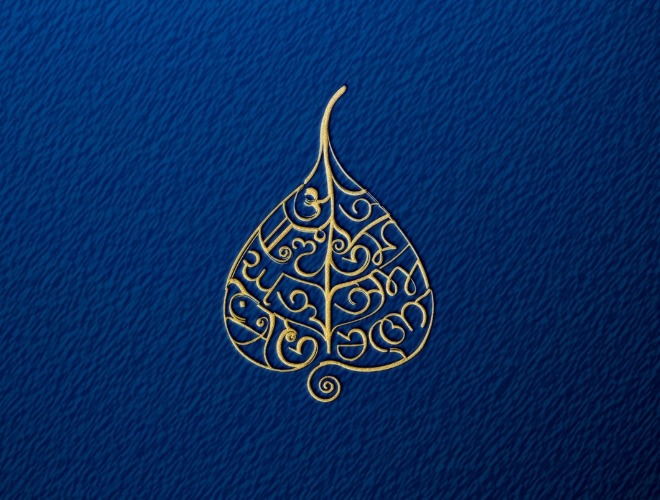
This event is over. See upcoming events
9:30 AM - 1:00 PM (UTC+5.5)
Symposium On Saṃskṛtam And Tamiḻ
SPEAKERS
-
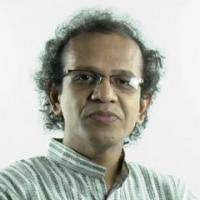
Śatāvadhānī Dr R Ganesh
Polyglot Scholar
-
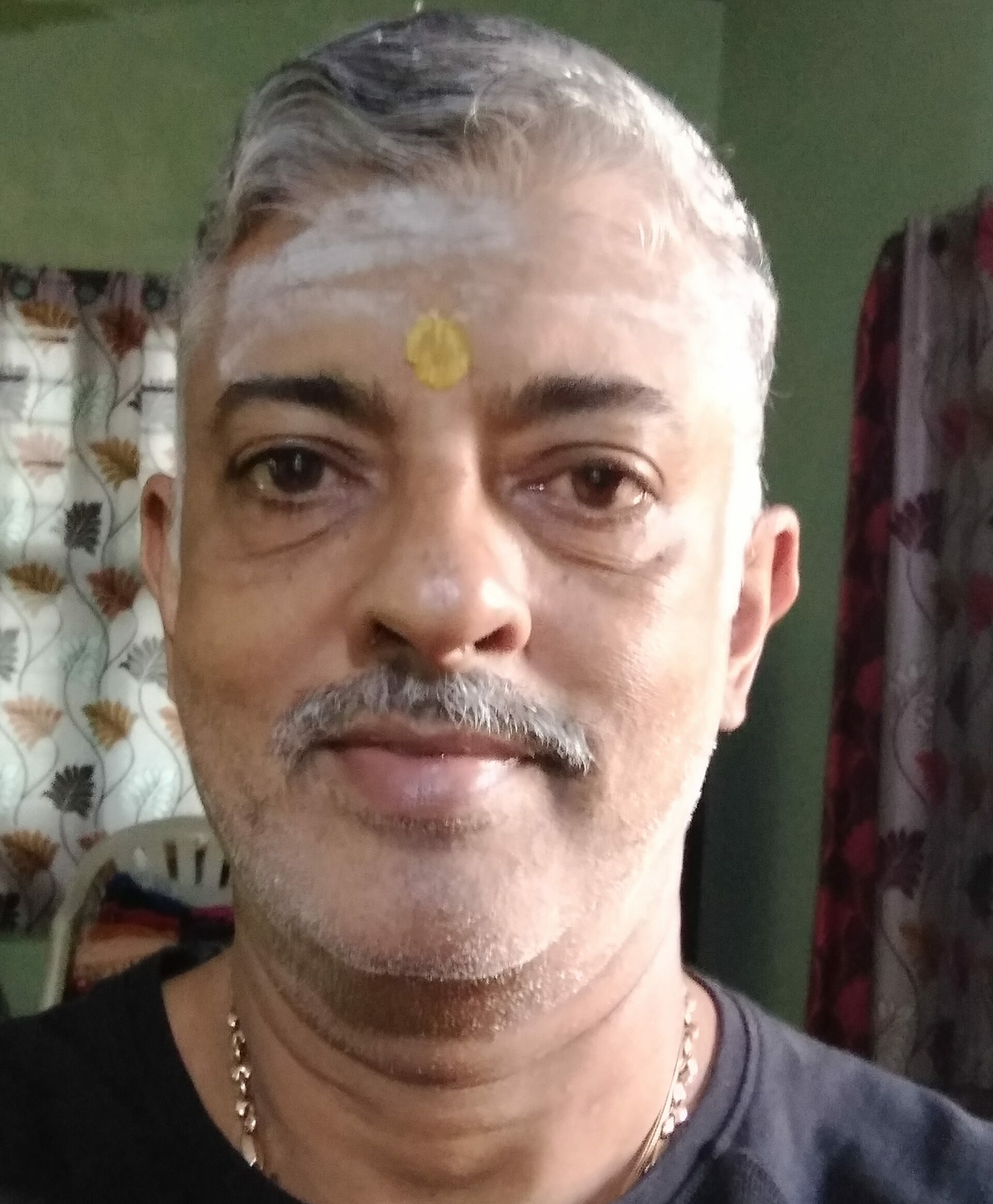
Dr T Ganesan
Retired Head of the Department of Indology, French Institute of Pondicherry and presently The Head, Centre for Shaiva Studies, Pondicherry
-
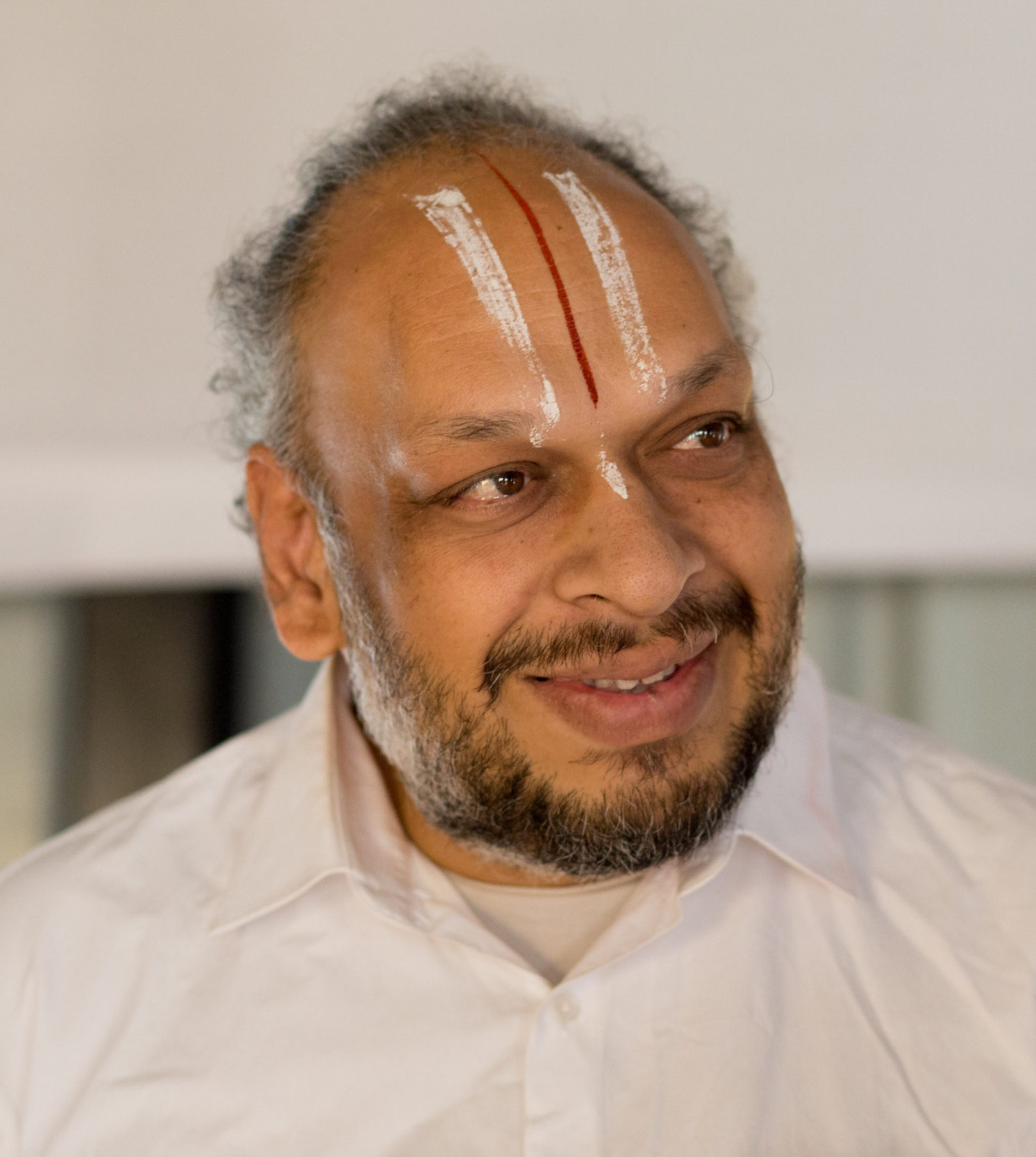
Dr MA Alwar
Professor, Government Maharaja’s Sanskrit College, Mysuru, Karnataka State University
-
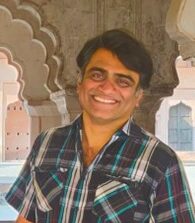
Sri Rangarathnam Gopu
Cofounder Varahamihira Science Forum and Volunteer, Tamil Heritage Trust
-
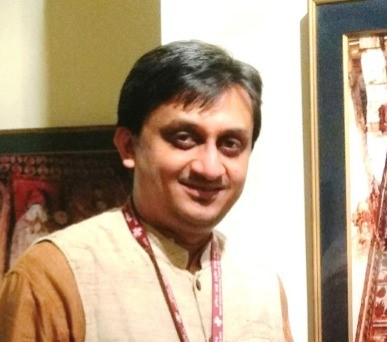
Megh Kalyanasundaram
Director Special Projects, INDICA
Categories:
Contact
Oldest amongst languages declared ‘Classical’ by the Government of India, Saṃskṛtam (or Sanskrit) and Tamiḻ (or Tamil) have been inestimably valuable storehouses of immense quantities and varieties of knowledge indigenous to Bhāratavarṣa, a region of the world whose 63-verse description in critical edition of the Indian itihāsa, the Mahabhārata, encompasses all of today’s mainland India and more.
Pitted into separate language families first by colonial writers in the 19th century, these languages have since then been often used as divisive levers by a variety of forces with, some may argue, an excessive focus on how they are different — which they no doubt are — but with far lesser efforts to see how they are similar or how they can be seen together and as parts of a larger whole, rather than only separately or worse, antagonistically.
INDICA Bhāṣā’s Online Symposium on Saṃskṛtam, and Tamiḻ, planned on the 23rd of March 2024 (Saturday) between IST 0930-1300 hrs (schedule below), looks to add to previous efforts that have striven to address the aforementioned imbalance, by bringing you views of some of the finest minds at the intersection of Saṃskṛtam and Tamiḻ across domains such as aesthetics, ways of life and more.
SCHEDULE
| Time | Name Of The Speaker | Topic |
| 9:30 | Megh Kalyanasundaram Director Special Projects, INDICA |
Invocation and Concept |
| 9:45 | Śatāvadhānī Dr R Ganesh Polyglot Scholar |
On The Common Aesthetics of Saṃskṛtam and Tamiḻ |
| 10:30 | Dr T Ganesan Head, Centre for Shaiva Studies, Pondicherry |
Saṃskṛtam and Tamiḻ in the Bhāratīya Śaiva literature |
| 11:15 | Dr MA Alwar Professor, Government Maharaja’s Sanskrit College, Mysuru, Karnataka State University |
Saṃskṛtam and Tamiḻ in the Bhāratīya Vaiṣṇava literature |
| 12:00 | Sri Rangarathnam Gopu Co-founder Varahamihira Science Forum and Volunteer, Tamil Heritage Trust |
Brāhmī and Grantham: Scripts for Saṃskṛtam and Tamiḻ |
| 12:45 | Megh Kalyanasundaram Director Special Projects, INDICA |
Beyond Colonial Divisions: Looking at Saṃskṛtam & Tamiḻ together |